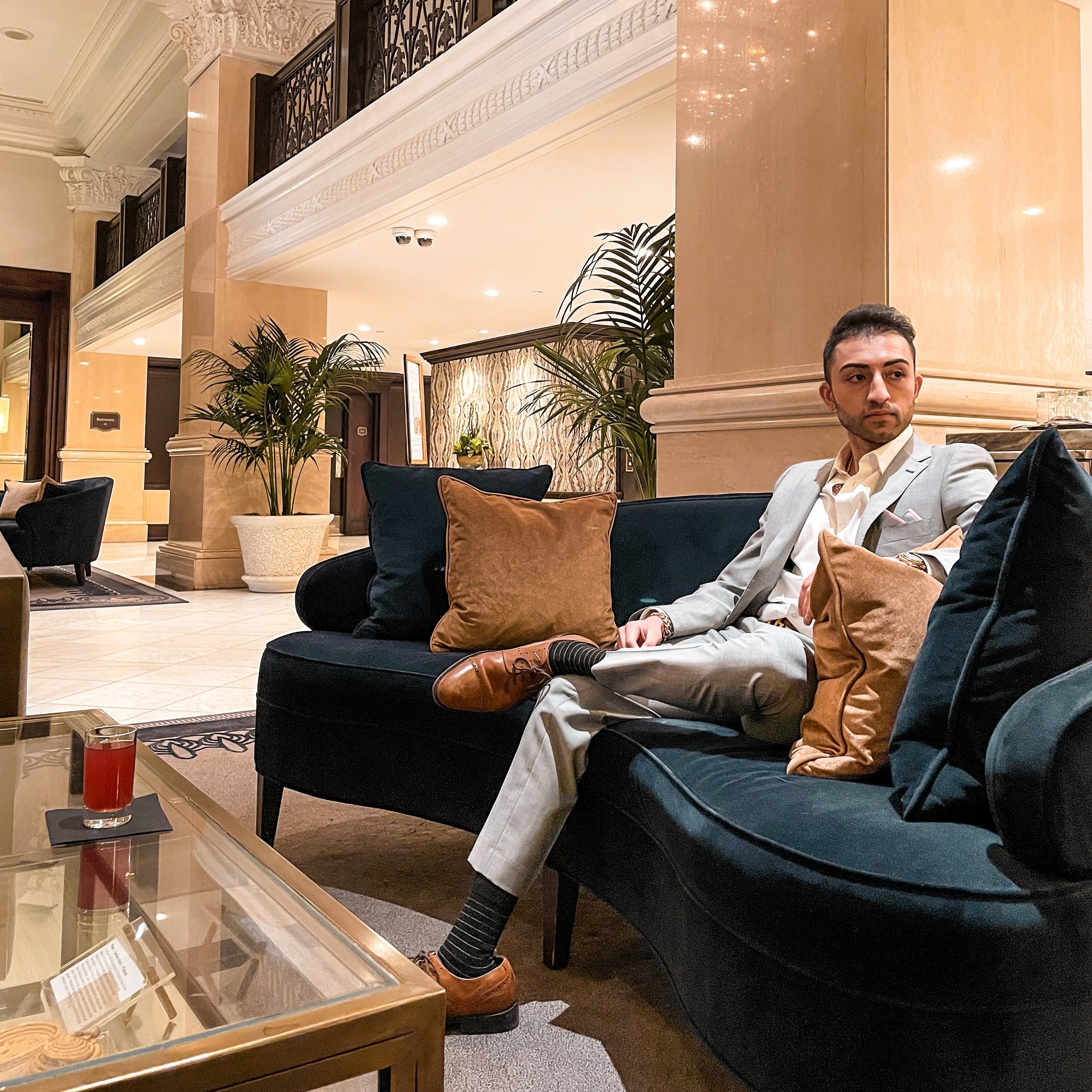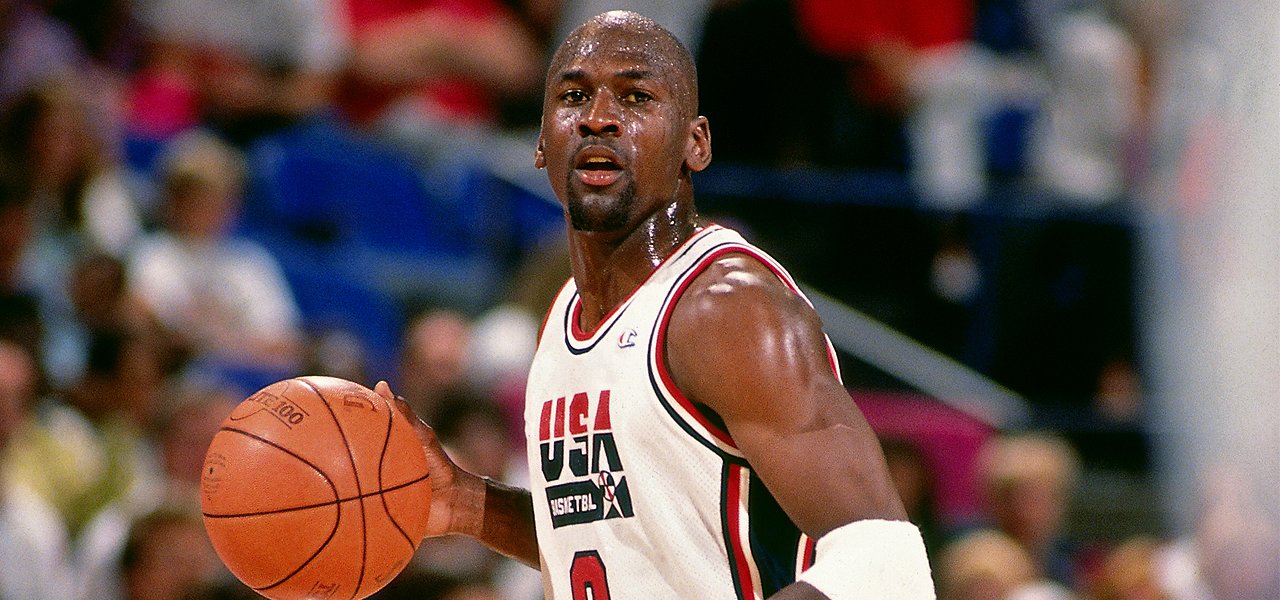How to Pick the Best Psychiatrist in 2023 (And Not Get Stuck With a Bad One)!
The level 1 Gamer knows he needs mental health help but he picks the first mental health provider he looks up. He doesn’t check if they’re a psychiatrist or something else. If they are a psychiatrist he doesn’t know what treatments they use. He doesn’t think about if he’s a good fit. He thinks it probably won’t work. He decides the cheapest one is probably the best option. And as a result, he doesn’t get much improvement and he quits pretty soon.
The Level 100 Gamer knows he needs mental health and he makes sure to choose the right person for the job. He knows he wouldn’t marry someone without spending months thinking about it, and its similar with his psychiatrist. He checks out the psychiatrist in detail, their treatments, their philosophies, and makes sure he vibes with them. He knows cost if important but he cares most if they can help him fix his problem. And when he finally chooses one, he puts his faith in them and trusts the process, knowing he’ll get better.
In my first year of residency I went into therapy so I’d understand what my patients felt when they worked with me. I looked at who my insurance covered and picked the cheapest and closest therapist to me. She was a late 50s female; I was a 26 year old guy. She was nice, sure. But I always remembered thinking “I don’t think she really gets me” when I’d discuss my modern struggles with friends and relationships. I remember one time we were discussing leadership and my future business goals. I stated I respected how Trump was able to convince half of the country to vote for him despite having no political experience (outstanding marketing skills). Her immediate response was: "Trump?! How could you like that man?!" I shut down and didn’t say much more in that session.
I ‘d never said I liked him. But in that moment I felt like she didn't even listen to what I was saying. She apologized next session, but I never opened up fully to her again, which probably limited my progress. I quit therapy shortly after and never did it again.
That taught me how important it is to have a therapist / psychiatrist who connects with us, who we feel understands us, doesn’t judge us, and has walked the same path we have.
If you're reading this, you're either a young man or the parent of a young man looking for a psychiatrist.
Let me share the tips I've learned from myself and from my patients about choosing the right psychiatrist (and not ending up with the wrong one!!)
Qualifications:
A psychiatrist is the highest-trained out of all mental health professionals and is almost always the team leader in mental health settings. As psychiatrists we’re physicians (medical doctors) who complete 4 years of undergrad, 4 years of medical school (MD or DO degree) and 4 years of residency. Some of us complete a fellowship (I did child/adolescent psychiatry). Then we take a board certification exam which covers ALL of psychiatry proving our capability as psychiatrists.
There are other practitioners such as NP's (Nurse Practitioners) or PA's (Physician Assistants/Associates) who may also prescribe psychiatric medication. Read more on differences here. It's a personal choice what kind of provider we want. If we specifically want a psychiatrist and not an NP or PA, always check by confirming their degree (MD or DO).
Relatability:
Do you know what's the most important factor in knowing whether therapy will be successful? It's not the type of treatment, it's not the therapist's years of experience.
It's the strength of the therapeutic alliance. Meaning how strong of a bond we have with your therapist / psychiatrist.
Better Bond = Better Recovery
With my therapist, I felt like she wasn't relatable at all. She didn't really get me. And this made me not want to continue treatment. I felt like “what’s the point, she’s not really going to get it.”
Wanna know something no doctor will tell you? In psychiatry, two doctors could diagnose us with the same condition, prescribe us the same medication, but we’d get better more and faster with Doc A than Doc B. How is that??
If we like Doc A better, we’ll believe he can help us more because he cares about us. So we'll trust him more, we’ll implement his suggestions more, and we’ll be more hopeful with him. And what do we know: Our depression or anxiety actually gets better more with Doc A.
So when deciding between 2 psychiatrists, let’s ask ourselves: Does the psychiatrist share our beliefs? Do we feel they understand us? Is their lived-in experience similar to mine? Do we trust this person?
This is why a consult call is so important, where we can check all of these these for ourselves. BOOK your free consult call below.
Treatment philosophy:
In my residency training, I’ve worked with many psychiatrists. Some were very medication heavy and always threw on meds for little things or quickly jacked up the dose. Others used medication sparingly, and not enough in some cases. And then there’s others who prefer a more integrative / holistic approach (like myself). Where we use medications as part of the treatment, but also include labwork, functional medicine, genetic testing, natural supplements, therapy, and lifestyle changes.
This is important because we have to know what kind of treatment we want. Do we want to lose weight naturally or would we prefer stomach-stapling surgery? Would we prefer to cook meals ourselves, or Doordash every night? There's no right or wrong answer here. What’s important is we choose a psychiatrist who aligns with our treatment philosophy.
Specialization:
I’ve watched less than 5 full sports games my entire life. Yet I know Michael Phelps is the most famous Olympian of all time, Muhammed Ali was the greatest boxer of his time, and Michael Jordan is the GOAT of basketball.
Now imagine if Phelps also played basketball, soccer, and football. Do you think he’d be as good at swimming? Or if Jordan also did archery, tennis, and fencing. They’d be good (even excellent) at all of them I’m sure. But would they be world-class? Would I even know them if they weren’t the best of the best?
It’s the same thing with our psychiatrists. Psychiatric residency training is broad. After 4 years of residency I’m able to treat teens, adults, and the elderly. I've worked in psychiatric hospitals, medical hospitals, outpatient clinics, veterans affairs clinics, substance abuse programs, schools, eating disorder programs and emergency rooms. I’ve treated depression, anxiety, schizophrenia, bipolar, ADHD, substance abuse, post-partum depression, suicidality, self-harm, adjustment disorder, anorexia, gender dysphoria, PTSD, autism, panic disorder and delusional disorder.
My point? We learned a lot about a lot. Yet the same as any other psychiatrist.
Would Jordan be the GOAT if he didn’t focus on just ONE sport?
To specialize in working with Young Men and Gamers, I've read countless books, journal articles, blogs, and YouTube videos educating myself on this. I spend my showers, car rides and rest times at the gym thinking about how to help young men. In my practice I’ve focused entirely on helping entirely this population. Let alone my personal experiences from my self-development story.
Because of this I know the little things. Things like video games make us feel accomplishment in a single player game and camaraderie / competition in a multiplayer game; whereas other doctors or often parents think all games are just violent shooters. Or the reason we’re down when a girl rejects us is because it’s so rare to get someone interested in us. This makes me exceptional in caring for Men’s and Gamers’ Issues compared to 99% of other psychiatrists.
I've treated athletes but I’d never call myself a Sports Psychiatrist. I don't know anything in-depth of how to get through day after day of grueling practices or how to withstand the pressure of hundreds of spectators watching them on the field. I’ve treated post-partum depression with medications, but I don’t know how guilty a mom must feel she doesn’t love her baby. I didn’t know post-partum hair loss was even a thing until I looked it up.
The more someone specializes in our specific problem, the more time they've spent understanding it, helping others like us with that problem, and the better our treatment and cure is going to be.
Cost:
A mistake I learned the hard way with my therapist was when I chose the cheapest option rather than the best option for me. It turned me off from therapy and I haven’t been back since.
When I was first getting into social media, I bought an influencer’s Tiktok growth course for $500. His website said he did daily check-ins for the first 3 months so I was like “sweet what a good deal!” I assumed these would be live video check-ins. Nope. The course was basic AF with 10 videos. And the check-ins were just a daily email message he sent to everyone who bought the course. When I asked for feedback on my videos, he responded in a few days with a one-line generic answer like “it’s good, just keep tweaking and posting.” I got absolutely no business help, and no face-to-face contact. He didn’t even extend the time when I was gone for 2 weeks on vacation. Huge waste of money.
6 months later I joined a different influencer’s coaching program. I’d been burnt off the previous program so I was wary. But in this program, we had daily video calls where I got LIVE feedback on my videos. In addition she coached me on the entire process of making my own online course from the design to making a webinar to advertising it on TikTok. I had her personal number to ask questions directly. She’s the one who gave me the confidence to switch from my old Tiktok (220k followers) to my new one focused on helping young men through gaming. And that lead to me making this practice.
Guess how much I paid for that program?
$7000.
Now whenever I buy something, instead of being cost-conscious I strive to be VALUE-CONSCIOUS. Meaning I ask myself: Is this outstanding quality? Am I paying for the best? Will I get the result I want from this? Is this something that will last long-term?
I remind myself that anything quality will be expensive, and the most important thing to me is results.
Insurance vs Out-of-network:
Should we go with a psychiatrist who takes our insurance? Let’s break down the positives and negatives:
Insurance (+): We only have a co-pay per visit. Or you only pay until you meet your deductible. This can be significantly cheaper and is a good option for many people.
Insurance (-): There’s often a waiting list for months to see a psychiatrist. We may call around numerous places before we find one that takes our insurance. We usually don’t choose who we get to see, just whoever the practice offers. And often they’ll give us an NP or PA instead of a psychiatrist (depends on if we’re okay with that). If we do see a psychiatrist they’re limited in our treatment, often having 20 minute visits a few months apart and pure medication treatment only. Any specialty labwork wouldn’t be covered. Specialty medications aren’t covered either unless we fail multiple trials with the cheap ones. We rarely have any access to our doctor outside of our visits in case we have side effects or questions. If we run out of medication it can take them days before they respond and give us a refill. And in the end since we have to meet our deductible we still end up paying a bunch of money anyway.
While an insurance doctor may seem cheaper, there’s many hidden costs with that.
Now let’s look at out-of-network doctor:
Out-of-network (+): We have full choice in who we want to see. They see way fewer patients so they can focus on us. There’s often little wait time for appointments, and we have access to the psychiatrist' after-hours. The appointments are longer (60-90 min). They often use an integrative / holistic approach with many different treatments together so we get better way faster. They aren’t limited on the testing and medications they can use for us, so they choose the best. And they can submit superbills to our insurance so it counts for our out-of-network deductible (which after its full pays for the rest of our health care).
Out-of-network (-): It’s more expensive.
When I find myself wondering whether to get something expensive that will help me, I’ve found helpful to ask myself these questions:
How much is it costing me mentally to keep struggling? How much money do I spend on useless crap (like dinner and drinks out) rather than something that will benefit me? How long am I going to keep struggling if I don’t invest in myself? If I got to say goodbye to my problem forever, would it be worth it? If I walk away now, is anything going to change in my life?
So for example, if we’re struggling with depression or video game addiction, we can ask ourselves these questions. And hope they guide us to an answer.
Conclusion:
It’s a very personal decision choosing a psychiatrist. Just like we wouldn’t spend choose the person we marry without careful thought, it should be the same with our psychiatrist. But once we choose, we should have faith and see it through (just like in our marriage!). By looking at the person’s qualifications, relatability, treatment philosophy, specialization, and cost, we have the tools to make the best decision for ourselves. And we should never be afraid of doing a consult call beforehand to assess someone.
I’m a psychiatrist who specializes in treating Young Men and Gamers with Depression, Anxiety, ADHD, and Video game addiction.
Click BELOW book your free consult call and see if we’re a good fit.
Real life’s the video game.
So let’s level up.
-Agam




